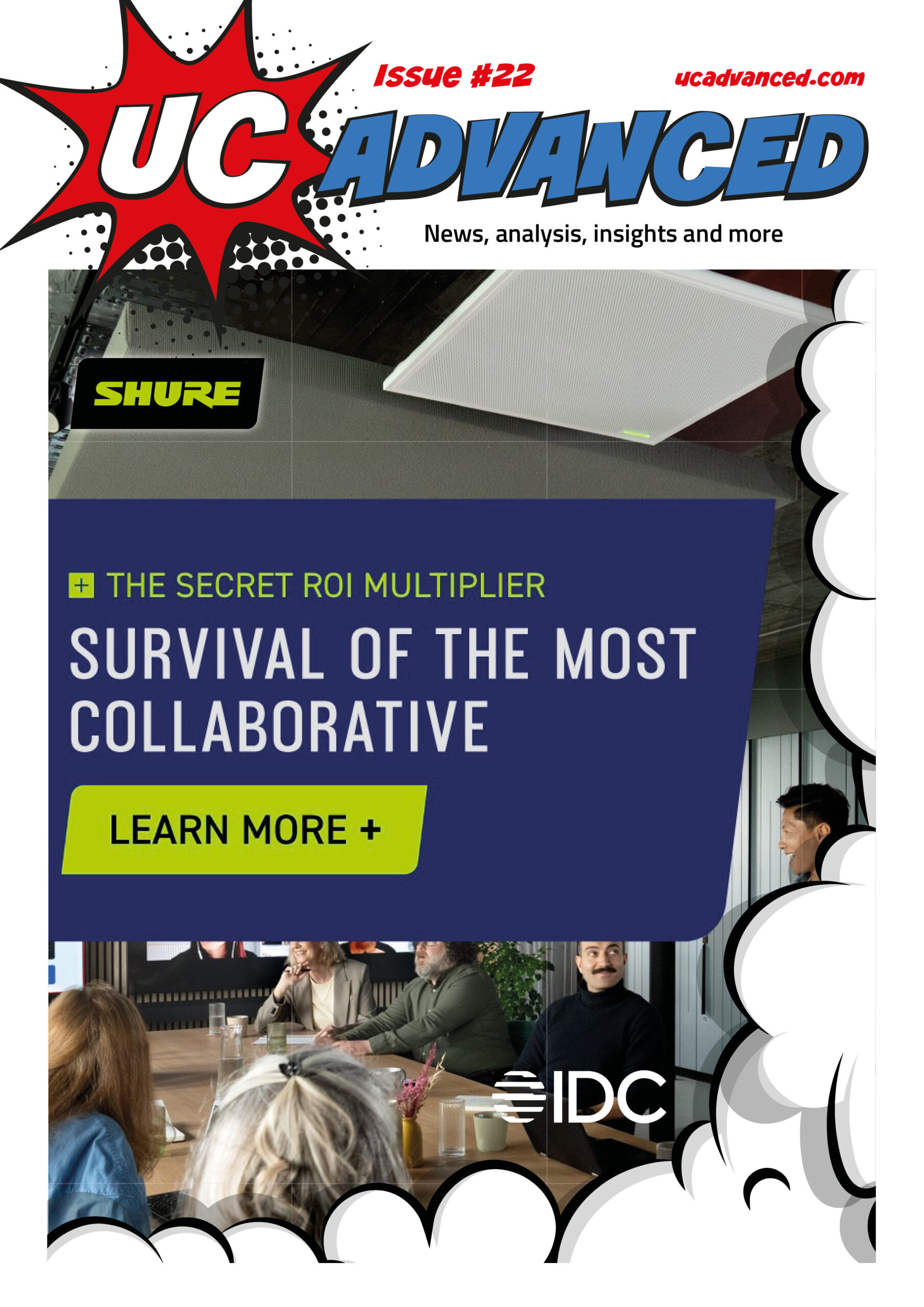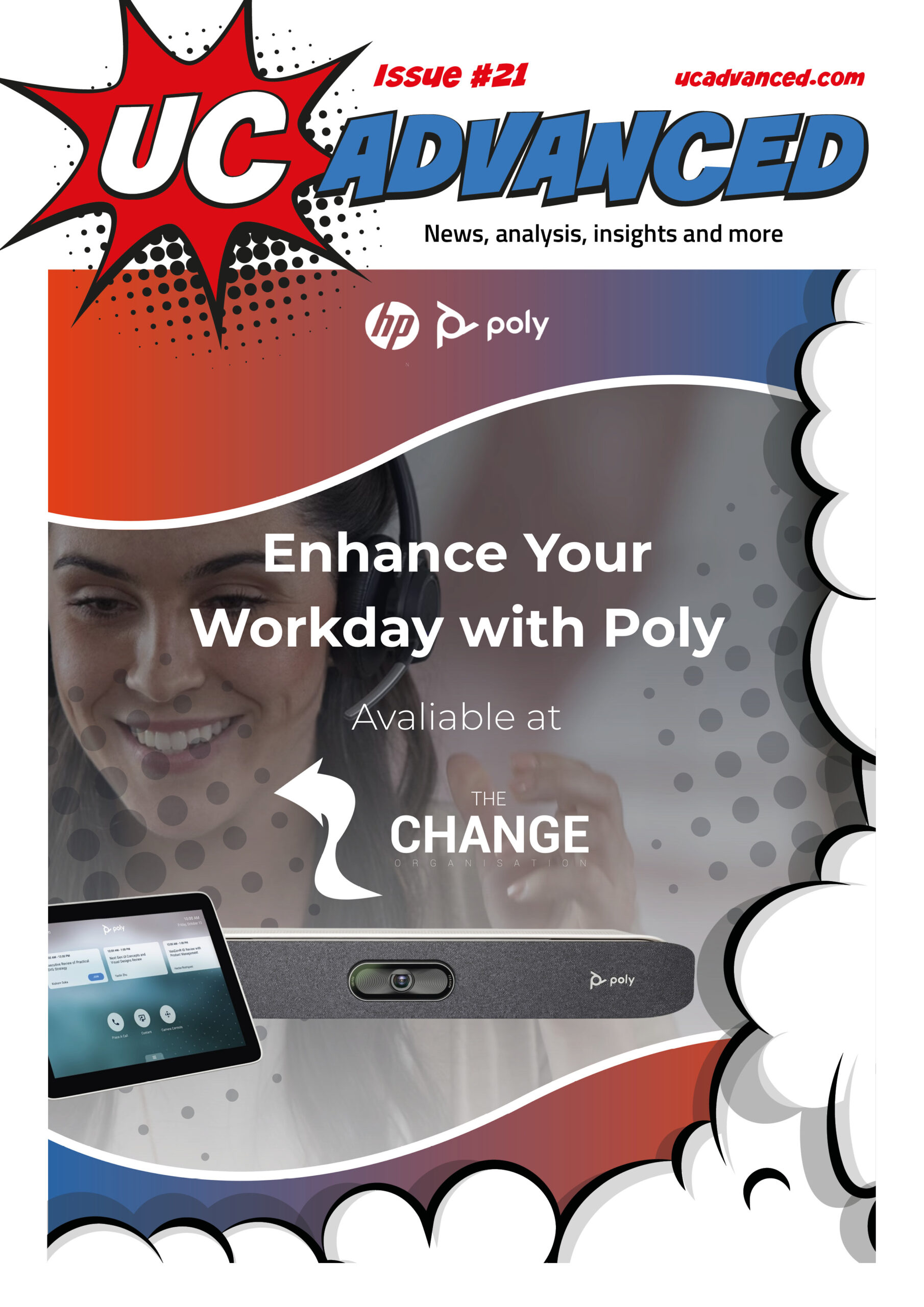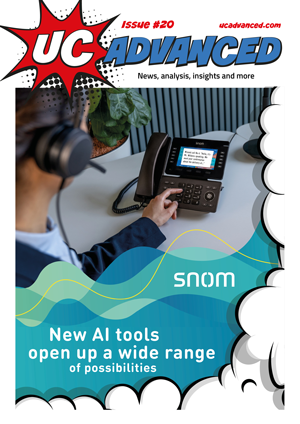Martyn’s Law is a proposed UK bill that requires certain public places to take steps to protect the public from terrorist attacks. The proposed law will apply to a range of locations within Retail and Hospitality, is currently in consultation phase and those concerned will be given an extended period of time to implement the changes if passed.
Martyn’s Law, also known as the Terrorism (Protection of Premises) Bill, is proposed UK legislation that requires public venues to consider and prepare for terrorist attacks. The law is named after Martyn Hett, who was killed in the 2017 Manchester Arena terrorist attack. The law’s objectives are to:
• Ensure that public venues are better prepared for terrorist attacks
• Reduce the risk of public harm from terrorist attacks
• Ensure that security preparedness is consistent across the UK
The law will apply to a range of locations, including entertainment and leisure venues, retail venues, food and drink venues, museums and galleries, sports grounds, public areas of government buildings, visitor attractions, temporary events, places of worship and health venues.
The aim of the Martyn’s Law Bill is intended to ensure public premises and events are better prepared for terrorist attacks and ready to respond. It will require them to take reasonably practicable actions, which vary accordingly, to mitigate the impact of a terrorist attack and reduce physical harm. The Bill was introduced to Parliament on 12 September 2024 and is currently undergoing Parliamentary scrutiny. Martyn’s Law has been designed to make compliance simple. The law will use a tiered model, with different requirements depending on the size of the venue and the activity taking place. For example, locations with a maximum capacity of over 200 will be required to have basic security measures, staff awareness training and emergency response plans.
Forewarned is Forearmed
It’s a tough subject to write about: terrorism. So let’s disseminate what’s at hand, and what might be coming down the line. The aim of the law is to keep the public safe, and that should be in the rule book of any respectable establishment in retail and hospitality. The Bill, which is a moving feast, so continue to check the UK government website for updates, is also seeking to delineate between concentrated areas of the public, by putting classification terms to venues, premises and buildings based on capacity sizes:
• Capacity of 199 or less: largely inapplicable, but public safety should be upheld
• Capacity of 200 to 799 individuals: Standard Duty classification
• Capacity of 800+ individuals: Enhanced Duty classification
Regardless of the premises size, some of the measures suggested in the Bill should be considered and implemented by any organisations or person who has an interest in keeping their visitors and customers safe. One last important fact to mention before we get into the details of some of the categories and recommendations is to say that if and when Martyn’s Law is passed, all premises owners will be given a period of time to implement the recommendations, as the draft puts it, “We expect this period to be at least 24 months to allow for the set-up of the regulator and to ensure sufficient time for those responsible for premises and events in scope to understand their new obligations, and to plan and prepare.” The draft Bill gives no details on who, how and when inspections of those premises included in scope will be vetted, but one can assume that insurance companies will have a tick box on their annual renewal forms regarding compliance. For a thorough read on the results and feedback on the standard tier consultation, you can get this on the gov.uk website. Whilst only 1,981 full responses to the consultation paper were received, it gives a good idea of the appetite for the Bill.
Standard or Enhanced: Procedures Apply
Whether the premises are classified as ‘standard’ or ‘enhanced’, the Bill will look to those venues to have procedures that may be expected, so far as reasonably practicable, for evacuation, invacuation, lockdown and communication. Put simply,
• Evacuation – how to get people out of the building
• Invacuation – how to bring people into the premises to keep them safe, or move them to safe parts of the building,
• Lockdown – how to secure the premises against threats, e.g. locking doors, closing shutters and using barriers to prevent access, and taking shelter in a secure location, such as a cupboard or meeting room, until the all-clear signal is given.
• Communication – how to alert staff and customers and move people away from danger.
Communication is Key: UC&C Devices
When communicating during an emergency, it is important to consider the 3 C’s – confirmation, clarity and control. Staff of retail and hospitality premises should be enabled to communicate suspicious packages, clear immediate areas and move people into safe directions, control the situation and their surroundings, call for help and keep witnesses who may be able to help emergency services. If that is not enough to contend with, consider how vital communication systems are for medical emergencies – being able to clearly contact ambulance services may mean that lives could be saved, or casualties could be less severe.
Whether your customers are in the standard or enhanced classification, and whether the Bill is passed or not, resellers should consider recommending devices that enhance communication between staff and customers. UC Advanced have rounded up a few categories of devices that will enable communication between staff and customers, whether they are in a crisis situation or not. The Bill, if passed, does not have the intention of placing undue burdens on small businesses, but rather requiring those responsible for premises to fulfil necessary but proportionate steps, according to their capacity, to help keep the public safe. For example, a small venue that has limited funds and is not in scope might not have the budget for high spec tech equipment, but would be able to raise the funds for a loudhailer. Counter to that, an extremely large venue that relies heavily on electricity to generate their communications systems such as audio visual equipment and inbuilt sound systems should be investing in a back-up power unit. We set out some communication systems suggestions, for premises’ owners classified as standard tier or enhanced tier.
Staff Headsets, Earpieces and Walkie Talkies
Often manufactured to be discreet, these devices are popular with bouncers, security staff and event managers. It is essential that staff at different positions in the venue can communicate with each other, often over loud music and the rabble of partygoers in difficult situations. Additionally, these essential and trained staff need to be able to be heard by other staff members, and not necessarily shouting into mouthpieces and causing widespread panic.
Walkie Talkies are superb for areas with no or limited mobile coverage, especially inside venues that have a large amount of infrastructure – just think of your local superstore and how often you drop the phone signal – that’s because all that refrigeration, stock and shelving, steel and concrete structure is hindering the phone signal, and the same principle would apply to a nightclub below ground level.
Talking headsets
Favoured by call centre agents, gamers and football coaches, talking headsets enables the user to communicate hands-free whilst wearing a headset with a built-in microphone and speaker – some can be worn around the neck, whilst others are best suited to be worn on the head. If your customer is serious about a good communication device, then offer headsets with additional features such as wireless connectivity, noise cancellation and duplex, so that information can be communicated both ways simultaneously without interference. Depending on budget, and just how serious the client really is, conversations could also include two-way radio headsets, these are designed to give clear communication in seriously challenging situations – favoured by constructions workers who have to communicate above the noise of drilling and hammering all day long. Two-way radio headsets are often paired with a radio, which the user, with instructions, can usually pair themselves, but not all two-way radio headsets are compatible with two-way radios, and some radio frequencies require a licence, so something worth noting if your customers are considering this option.
Dedicated Premises Mobile Phones
Consider suggesting to your customer to have a dedicated on-premises mobile phone, that is fully charged, to be used in emergency situations. It is not a good idea to rely on retail and hospitality staff to use their own personal devices, which may be held securely in a locker, or if they do have them to hand the device may have a low battery or minimal data. Emergency calls are usually available without having to unlock the handset on iPhones, and simple signage should accompany the dedicated premises mobile phone – such as what to do if the phone signal is unavailable, for example turn the phone off and on again, text 999 with brief information, and so on.
Speaker Systems (fixed or portable)
Powered loudspeakers include built-in amps, so all you have to do is connect it to your sound source, whereas passive loudspeakers require an additional connection to add that power separately. Speakers can be portable or fixed, and UCC advances have enabled them to be mounted to walls and ceilings very easily and discreetly.
Back-up Power
An uninterruptible power supply (UPS) system is a device that provides emergency power to a load when the input power source or mains power fails. Phases of a UPS, such as a single-phase UPS or a three-phase UPS, describe the number of electrical phases that a UPS receives and transmits. Electrical utilities generate three-phase power because that is the most efficient way to transport electricity over long distances. For smaller power consumers, including residential or office buildings and most schools, the power is converted to single-phase power. What size UPS does your customer need? It will depend on the size of the premises and its purpose – be sure to direct your customer to some great tools that help determine what is needed, such as Eaton’s handy guide: Eaton UPS Selector tool.
Instant messaging on Screens
Digital Signage is essentially software that can be deployed via the cloud or an on-premises system. The software will reside on a Digital Signage Media player or a system on chip integrated into a display screen. Content is uploaded via the digital signage user interface and through the management software it can be deployed to one or many screens instantly. Whilst content can be shared instantaneously, it can be changed within a matter of seconds too, and discharged to multiple locations within a building or to several sites on the premises. Content can be in the form of text or video or image.
CCTV Systems
Resellers have a wide range of options for CCTV for customers: a complete security business system can be set up in minutes, but that depends on what is being suggested. Swann gives some good advice on the choices that a customer may be considering between IP security cameras, dome cameras, lipstick cameras and warning light cameras.
Whatever option be it wired, wireless or wire-free cameras resellers should offer cameras with remote viewing so customers can check in on their business from anywhere. IP security cameras are great for where budgets are tight and customers should consider cameras with built-in sensor lights, colour night vision and audio with a wide-angle field of view.
Best Security Cameras for Businesses:
Wire-free, wireless cameras, and Wi-Fi camera systems. Benefits: Lower price point, simple setup, hub free, perfect for smaller businesses.
Best Security Cameras for Parking Lots, Dark or Hidden areas: Invest in cameras with added extras to control lights and siren from your phone, colour night vision and smart search.
Best Security Cameras for Offices, Warehouses or Small Hotels: Install a reliable system with numerous, high-definition security cameras, such as the Swann 4K NVR, 16 cameras with options like sensor warning lights, siren, audio and work with a network video recorder (NVR), which offers the benefit of hard-drive storage.
Best Security Cameras for Building Sites or Visitor Attractions: Install a robust business security system that has multiple cameras to set up and forget, where you can use Smart Search to look for movement within recordings.
Videoconferencing Applications
Video conferencing can help connect people in real time to share information and updates, and collaborate on solutions. It enables outside help to “see in”, without being there – multiple call takers can use real-time photos and videos to get a more complete picture of an incident and determine the best response.
Tips for Distributors and Resellers
• Keep abreast of the Terrorism (Protection of Premises) Bill being passed through Parliament and consider the ranges and offerings you have for customers
• Be knowledgeable, and educate staff, on what UC&C devices that could be offered if the Bill is passed, and keep customers informed of the timeframes
• Consider equipment packages and bundle deals for customers
• Do not use scaremongering selling tactics, but rather encourage customers to make a commitment to have a minimum standard of care for public safety
• Use distributors who offer good customer service and offer training or installation programmes.
• Remember to offer batteries or back-up batteries












